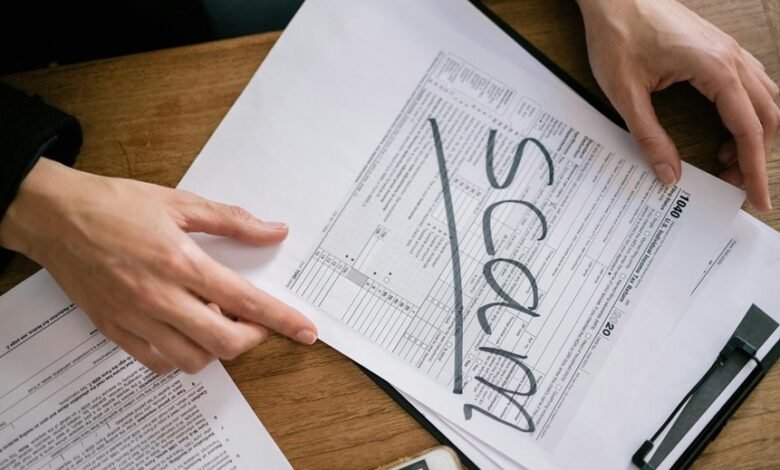Fraud Risk Hotline Caller Investigation Shield 3711303261 3512201771 3515986778 3533908775 3895397727 3511332453

The Fraud Risk Hotline Caller Investigation Shield, identified by a series of unique numbers, plays a vital role in uncovering fraudulent activities within organizations. This system allows individuals to report misconduct while maintaining anonymity. An analysis of the associated cases reveals patterns that can inform preventive strategies. Understanding the implications for both organizations and whistleblowers raises critical questions about the effectiveness of such reporting mechanisms. What measures truly protect those who come forward?
Overview of Fraud Risk Hotlines
Fraud risk hotlines serve as essential tools for organizations seeking to mitigate financial misconduct and unethical behavior.
These systems enhance fraud detection capabilities by providing anonymous reporting channels, which encourage whistleblowers to come forward.
The effectiveness of hotlines is often assessed through metrics such as the number of reports filed and the resolution rates, ultimately contributing to a culture of transparency and accountability within organizations.
Analysis of Identifiers and Cases
The analysis of identifiers and cases reported through fraud risk hotlines reveals critical insights into the nature and frequency of misconduct within organizations.
Identifier analysis highlights patterns associated with specific fraudulent behaviors, while thorough case evaluation provides context and severity of incidents.
This systematic approach enables organizations to recognize vulnerabilities and implement targeted strategies to mitigate risks, fostering a culture of transparency and accountability.
Protective Measures for Whistleblowers
Protective measures for whistleblowers are vital in encouraging the reporting of misconduct without fear of retaliation.
Effective whistleblower protection includes legal safeguards that prohibit retaliation and promote accountability.
Anonymity assurance is crucial, as it provides individuals the confidence to report unethical behavior without exposing their identity.
Implementing these measures fosters a culture of transparency, empowering individuals to act against wrongdoing while preserving their personal security.
The Importance of Reporting Fraudulent Activities
Reporting fraudulent activities plays a crucial role in maintaining the integrity of organizations and protecting stakeholders’ interests.
Effective fraud prevention relies heavily on robust reporting mechanisms, enabling timely identification and mitigation of risks.
By fostering a culture of transparency, organizations empower individuals to voice concerns, ensuring accountability and safeguarding assets.
Ultimately, this proactive approach enhances trust and ethical standards within the business environment.
Conclusion
In conclusion, the Fraud Risk Hotline Caller Investigation Shield exemplifies a vital resource for uncovering fraudulent activities, fostering a culture of accountability, and protecting whistleblowers. By enabling anonymous reporting, it empowers individuals to act against misconduct, encourages organizations to identify and address risks proactively, and reinforces the importance of transparency in maintaining ethical standards. Ultimately, it serves as a beacon of integrity, illuminating the path toward a more trustworthy organizational environment and promoting responsible behavior across all levels.



